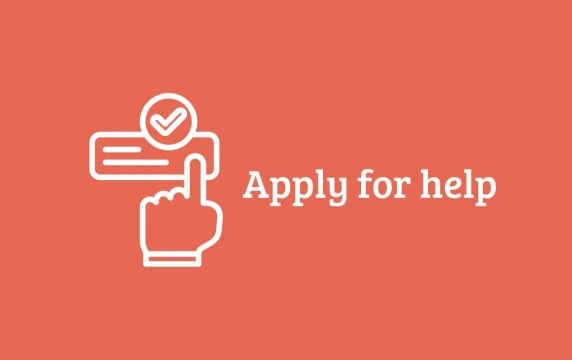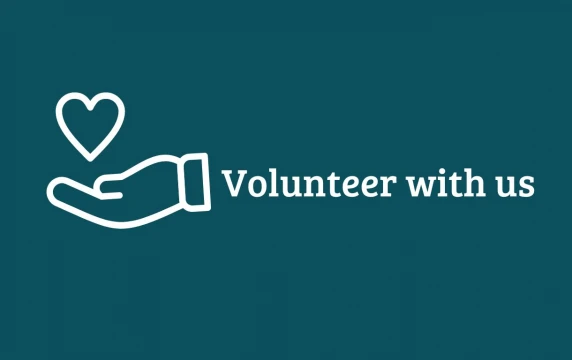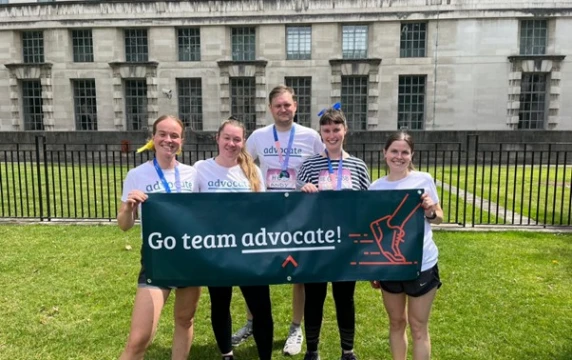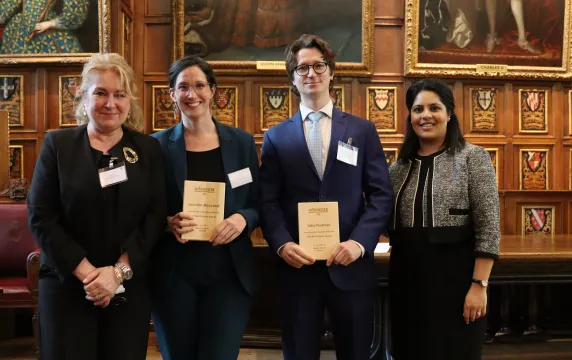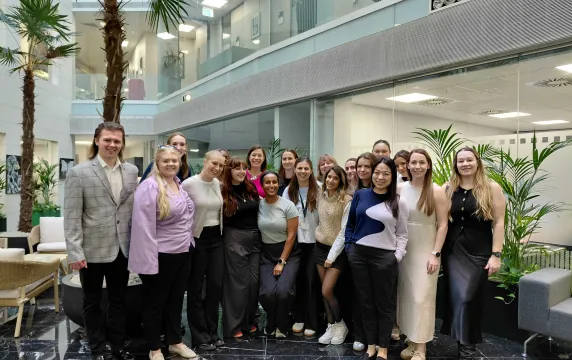"I simply don’t think I would be where I am without the experiences I have gained from volunteering. Professionally, board-level volunteering has helped me to build my network, learn from industry greats, test my leadership style, make mistakes and circulate my ideas about how organisations and movements should run."
Abiodun Olatokun, trainee barrister at Matrix Chambers, talks to us about how volunteering allowed him to advance his career and gave him the confidence and skills to secure his traineeship and begin his career at the Bar.
What kind of volunteering opportunities have you undertaken, and why did you decide to do this type of volunteering work in particular?
I’ve undertaken a wide range of skills-based volunteering opportunities over the last few years. I’ve been mentoring young people at different stages of their lives for about seven years. I’ve mentored GCSE students with 1 Million Mentors, university students at the University of Nottingham and postgraduates with Uprising Fastlaners.
Outside of intense 1-2-1 work with individual young people, I have given about sixty talks in schools and universities about the law, I have been a trustee of organisations such as Law for Life and have been preaching the good news about the importance of board-level leadership in civil society as an ambassador of the Young Trustee Movement and an advisory board member of Action for Trustee Racial Diversity.
At what stage in your career did you first start taking on volunteering opportunities?
I caught the social action bug very early on. As a teenager I was a member of youth parliament, helping to gather the views of my fellow young people and acting as an advisor to the Children’s Commissioner. As a student I was a society president and elected students’ Union Officer. In the latter role I was part of making major decisions about the university estate and ran local campaigns for policy change. After those early experiences I knew that I wanted to help charities and civil society groups to make better decisions, so I offered advice to all sorts of charities; from small community organisations to leading national organisations.
How has your volunteering work positively impacted on your career?
I simply don’t think I would be where I am without the experiences I have gained from volunteering. Professionally, board-level volunteering has helped me to build my network, learn from industry greats, test my leadership style, make mistakes and circulate my ideas about how organisations and movements should run.
Personally, it has helped a lot with my mental health. I am a sufferer of chronic anxiety and it has helped me to recover from childhood trauma by seeing that making minor mistakes is not the end of the world. Leading organisations that work with the most disadvantaged people in society has helped me to put my own problems into context and to become more appreciative of what I have. It has also made me curious about how things work and not be so fixed in my own perspective, which in turn has helped me to see differences and challenges as opportunities for growth.
Why do you think people at the Bar should take on volunteering work outside of traditional pro bono work like advice and representation?
I think there is a strong moral imperative for barristers to take on volunteering outside of pro bono for two reasons.
The first is that barristers are disproportionately legally empowered. We have more skills, knowledge and confidence in dealing with law-related issues than the average citizen. The concentration of legal knowledge within our profession is problematic; it leads to the development of low legal confidence in the general population, and up to a million civil legal problems going unresolved each year simply because people do not know that they have a legal problem. Public legal education is a form of volunteering distinct from pro bono that all lawyers can do that would make a real difference if delivered at scale.
Secondly barristers are, by and large, more privileged than most members of the public, and statistically most barristers earn more than the median wage. Lawyers rub shoulders with professionals from a wide array of fields, and we gain an insight into how those fields work. We can share this shallow but broad knowledge of how other industries work to ask the right questions as members of boards, to gauge when external advice is required and to make compelling appeals to funding bodies. All of these would make excellent additions to most of the trustee boards I’ve worked with.
What advice would you give to anyone at the Bar who is unsure about whether to start doing volunteering work?
If you’re apprehensive about getting involved as a senior leader in the charity sector without prior experience, don’t worry because you can definitely add value with some help. There are a range of excellent programmes designed to help people to either take up their first board opportunity, or to support existing trustees in taking their leadership to the next level. I am a big fan of The Young Trustees Movement’s free training sessions. Getting On Board convene a very helpful Charity Board Leadership Programme. ClearView Research hold a seasonal On Board Programme to “support talented and capable individuals from underrepresented and non-traditional backgrounds to enhance their board-level competencies and confidence through training, mentoring, and exposure to board opportunities.”
Those looking for more information about trusteeship as a whole should check out The Charity Commission, the regulator of charitable organisations in England and Wales. Its annual campaign ‘Trustees Week’ each year features a ton of events, both online and offline, that consider contemporary events in trusteeship. Earlier this year I had the honour of speaking alongside the Commission at Getting On Board’s Festival of Trusteeship, the recordings of which are available for a fee here.
Those that are ready to jump in should check out the aforementioned Action for Trustee Racial Diversity and Young Trustees Movement Mighty Networks, which specialise in getting groups currently underrepresented on boards. The central hub for these roles is Reach Volunteering’s database, the premier clearing house for board-level professional opportunities.
Interested in volunteering? Check out our current volunteering opportunities here and sign up here to receive regular updates on volunteering opportunities.

